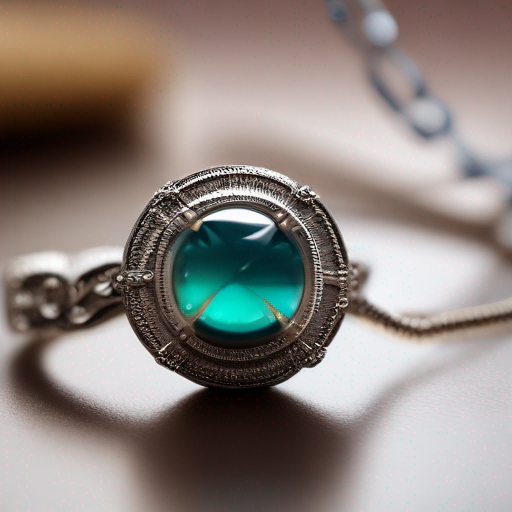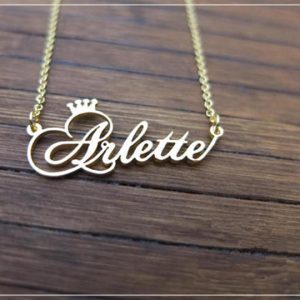What kind of jewelry doesn’t rust? Durable Options for Rust-Free Wear

What Kind of Jewelry Doesn't Rust? Durable Options for Rust-Free Wear
Rust, that pesky oxidation process that can turn even the most beautiful piece of jewelry into a mere relic. Who hasn't experienced the frustration of watching their favorite accessory slowly deteriorate before their very eyes? The good news is that not all jewelry is created equal when it comes to rust resistance. In this article, we'll explore the different types of materials and options available for those looking for durable, rust-free wear.
The Culprits: Metals That Rust
Before we dive into the solutions, let's take a look at the primary culprits behind rust formation: metals. Specifically, the following metals are prone to oxidation:
- Copper
- Bronze
- Brass
- Zinc
- Magnesium
- Iron
- Steel
These metals are commonly used in jewelry making, particularly for more rustic or vintage-inspired designs. However, their tendency to rust can lead to a range of problems, from discoloration and tarnish to actual damage to the metal itself.
The Heroes: Metals That Don't Rust
Now that we've identified the villains, let's turn our attention to the heroes – metals that are naturally resistant to rust. These include:
- Stainless Steel
- Titanium
- Ceramic
- Silver (with a rhodium coating)
- Gold (14k and above)
These metals offer a range of benefits, including:
- Corrosion resistance: They won't react with oxygen to form rust.
- Durability: They're less likely to scratch or dent easily.
- Hypoallergenic properties: Many are suitable for sensitive skin.
The Middle Ground: Jewelry Coatings and Treatments
Not all jewelry can be made from the hero metals, but that doesn't mean you're stuck with rust-prone options. Enter the world of coatings and treatments:
- Plating (e.g., rhodium, silver, or gold)
- PVD (physical vapor deposition) coating
- Nickel plating
- Ceramic sealants
- Zinc-rich coatings
These options can provide an extra layer of protection against rust, while still allowing for the use of more affordable or readily available metals. For example:
- Plating a copper or bronze piece with silver or gold can add a protective barrier.
- A PVD coating on stainless steel or titanium jewelry can enhance its natural corrosion resistance.
The Verdict: What Kind of Jewelry Doesn't Rust?
So, what kind of jewelry doesn't rust? Well, that depends on your priorities and budget. If you're looking for the absolute best in terms of durability and rust-resistance, stainless steel or titanium might be the way to go.
However, if you're after a more affordable option with a touch of luxury, consider plating or PVD-coated jewelry made from copper or bronze. These options offer a balance between style and substance.
Here's a quick summary in table form:
| Material | Rust Resistance | Durability |
|---|---|---|
| Stainless Steel/Titanium | Excellent | Very High |
| Ceramic | Excellent | High |
| Silver (with rhodium coating) | Good | Moderate |
| Gold (14k and above) | Good | Moderate |
| Copper/Bronze/Brass | Poor to Fair | Moderate to Low |
For more information on the topic, check out what kind of jewelry doesn't rust for a comprehensive guide.
- Not all jewelry is created equal when it comes to rust resistance.
- Metals like stainless steel, titanium, and ceramic are naturally resistant to rust.
- Plating or PVD-coated jewelry can offer an extra layer of protection against rust.
- Consider your budget and priorities when choosing the right type of jewelry for you.
In conclusion, what kind of jewelry doesn't rust? The answer lies in a combination of material selection, coatings, and treatments. By understanding the pros and cons of each option, you'll be well on your way to finding the perfect piece that withstands the test of time – and looks great while doing so!

